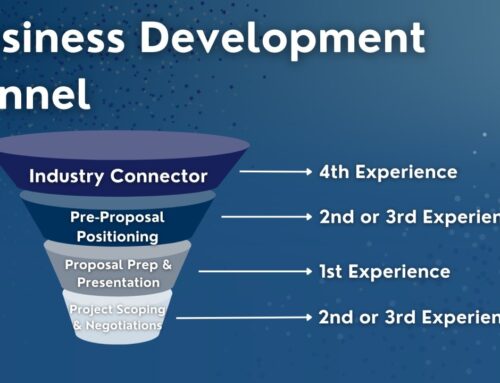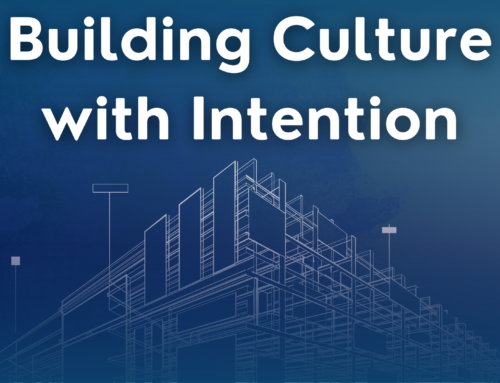We see it in the news, and have discussed it here as well: the U.S. does not produce an ample supply of skilled workers in the Science, Technology, Engineering and Math (STEM) disciplines to meet future workforce needs. Two underlying reasons are most commonly cited for this shortage. First, our education system is not producing students with the skill set necessary to pursue STEM careers; second, our culture does not value leadership in these careers. Do you think the former is a function of the latter? I do.
Upon first recognizing the gravity of the STEM shortage and what it means to the civil engineering industry, I wondered why other countries produce so many students interested in studying engineering in the U.S.After an informal survey and some anecdotal discussions, I concluded that the supply issue has a lot to do with demand. Young people in the U.S. want to run after what we have taught them to value: the glamour of obscene internet riches, Wall Street largess, professional sports paychecks, and the superstardom of Hollywood and reality-TV.
In other nations, students learn the names of top engineers. These admirable men and women are regarded as heroes and held in high esteem in their communities, regionally and sometimes nationally. Engineers are celebrated in the press, by politicians and by the education systems for the admirable things they do, not how much they earn or their propensity to “live large.”
Can Americans influence today’s youth to value engineers and the contributions of civil engineering? We have a celebrity-obsessed culture, so maybe, with an audaciously creative outreach plan coordinated with school systems, we can generate some awe and wonder about our achievements and innovations.
How about a travelling tour of engineering wonders, coming to your city’s grand auditorium or convention center where engaging, playful engineer-educators with amazing props offer hands-on demonstrations to our little sponges about why a cable-stayed bridge doesn’t collapse or wash away, how high-speed trains stay on the tracks or how we decide where to build a road and why? Is this too ambitious? How about a video series of demonstrations by a team of appointed discipline-specific gurus that the kids could follow through years of instruction via a curriculum that builds in complexity with each grade level? Your ideas?
Is there anyone in the industry brainstorming this stuff, and is there anyone willing to fund it? (*see postscript)
Coming down to the ground, and with all seriousness, I suggest that, at the very least, let’s stop enabling a society that takes everything you do for granted! Every lower elementary school-aged child should:
- visit a water or sewage treatment plant (what an eye opener!),
- receive lessons on their state’s most complex contemporary public works/infrastructure project, preferably inclusive of a field trip guided by an engineer-educator, and
- witness in-school demonstrations of the engineering disciplines that touch their lives on a daily basis – civil, mechanical, electrical – so they understand exactly how these skills apply to the world around them.
If we open this generation’s eyes to the wonders of engineering that affect them every day, and celebrate those among us who are responsible for our infrastructure marvels, children will naturally choose to emulate what they gaze upon.






Check out this link! http://www.egfi-k12.org/
Josie, An incredibly timely and relevant post. We are witnessing tremendous cultural change and nothing short of a paradigm shift related to the global economy. Engineering education in the US, and the factors being researched by educators, have been marginalized and less-than-mainstream. It’s time for folks in the field to join with our educational institutions to bring this topic out into the light. And, by the way, my elementary school class DID visit the local water treatment plant and I still remember the experience. Some teachers were, and still are, more enlightened than others… probably because they had an engineer in their lives as well. Thanks for this post. Babette
Good! STEM careers stem from an early interest in infrastructure that support a neighborhood, suburb, city, county and a nation. The teachers should know the marvels of science, engineering and technology to inspire minds. That’s a hell lot of asking to a complacent public…Hope the awareness is coming rather slowly as the edge in competition these days is not that sharp in the US in STEM.
Hi Raghu: I hope so too! Initiatives seem to be taking root on a community level, but if programs are not consistent from year to year, I am not sure there will be a net benefit.